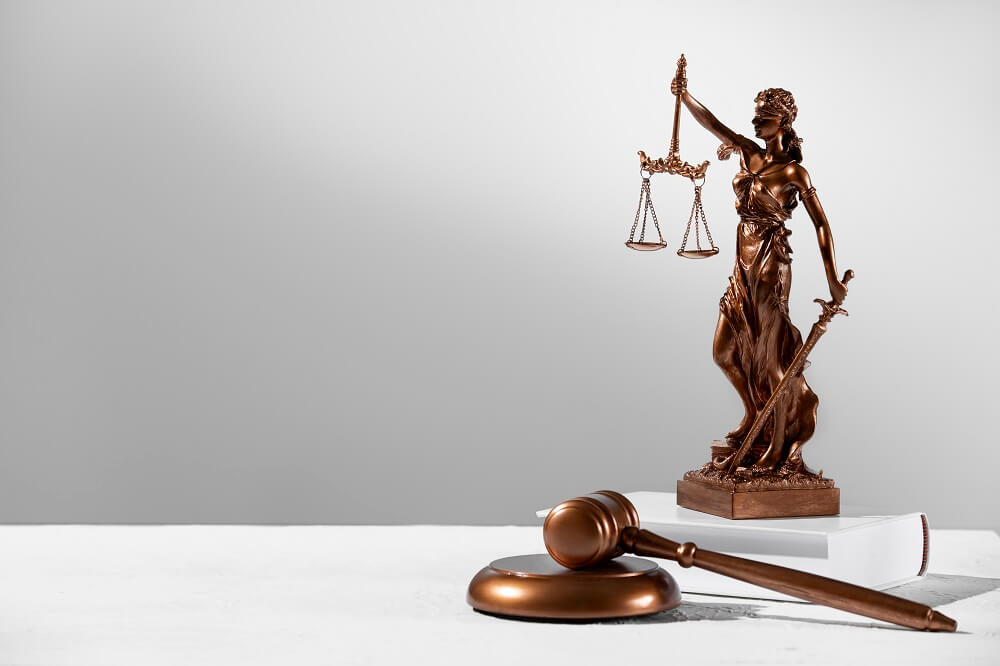Introduction
In the ever-evolving world of law, cutting-edge technology is transforming the legal landscape. Law firms, traditionally known for their reliance on manual processes and extensive paperwork, are now embracing innovative solutions such as artificial intelligence (AI) and blockchain. These technologies are revolutionizing the way legal professionals operate, enhancing efficiency, and delivering more effective services to clients. This article explores the impact of AI and blockchain on the legal industry and highlights how law firms are harnessing their potential.
AI-Powered Efficiency
Artificial intelligence is a game-changer for legal professionals. AI-powered tools can analyze vast amounts of data, perform complex tasks, and automate time-consuming processes. From contract analysis to legal research, AI streamlines operations, allowing lawyers to focus on higher-value work. Natural language processing and machine learning algorithms are revolutionizing document review processes, significantly reducing the time and effort required for due diligence and discovery. AI is transforming legal practice, enabling firms to deliver faster and more accurate results to clients.
Blockchain for Security and Transparency
Law firms are also embracing blockchain technology, which offers secure and transparent solutions for various legal processes. Blockchain’s decentralized nature ensures tamper-proof records, reducing the risk of fraud and enhancing data security. Smart contracts, powered by blockchain, have the potential to revolutionize the way contracts are created, executed, and enforced. These self-executing contracts eliminate the need for intermediaries, increasing efficiency and trust between parties involved in transactions. Moreover, law firms are leveraging blockchain for tasks like intellectual property protection, secure document storage, and identity verification.
Enhanced Client Experience
The adoption of AI and blockchain technology in law firms is not only about improving operational efficiency but also enhancing the overall client experience. Clients benefit from faster turnaround times, reduced costs, and increased transparency. AI-powered tools provide greater access to legal information and services, allowing clients to make more informed decisions. Blockchain ensures the integrity and security of client data, instilling trust in the legal process. By embracing these technologies, law firms are better positioned to meet the evolving needs and expectations of their clients.
Challenges and Considerations
While the benefits of AI and blockchain in the legal industry are significant, their adoption does come with challenges. Ethical considerations, data privacy concerns, and the need to upskill legal professionals to work alongside these technologies are hurdles that need to be addressed. Striking the right balance between technology and human expertise is essential to maximize the benefits and mitigate the risks associated with these advancements. Law firms must navigate these challenges and develop strategies to ensure the responsible and effective use of AI and blockchain in their practice.
Conclusion
Cutting-edge technology is reshaping the legal landscape, and law firms are at the forefront of this transformation. AI and blockchain solutions are revolutionizing legal operations, enhancing efficiency, and delivering better outcomes for clients. By leveraging the power of AI, law firms can automate processes, improve accuracy, and focus on providing high-value legal services. Blockchain technology ensures secure and transparent transactions, enhancing trust and data security. While challenges exist, law firms that embrace these technologies will gain a competitive edge in an increasingly tech-driven industry. The integration of AI and blockchain is not just a trend; it is a paradigm shift that is reshaping the way law firms operate and deliver value to their clients.
Go for legal updates at www.juscuriam.com and www.dimplejindal.com
